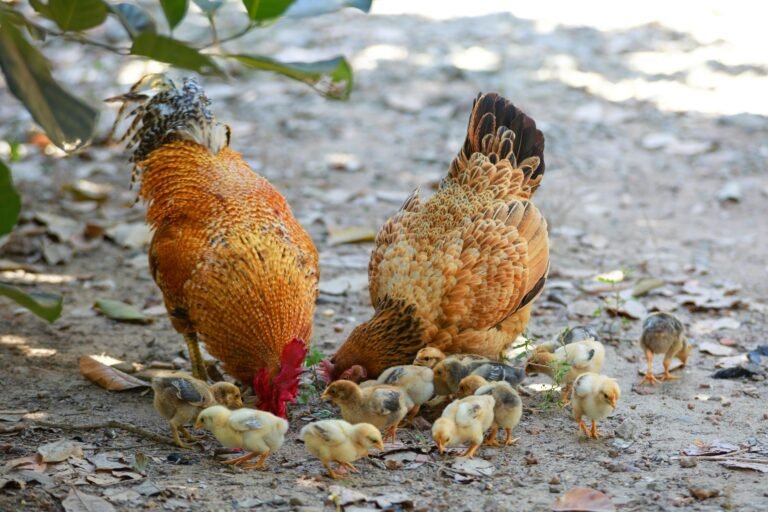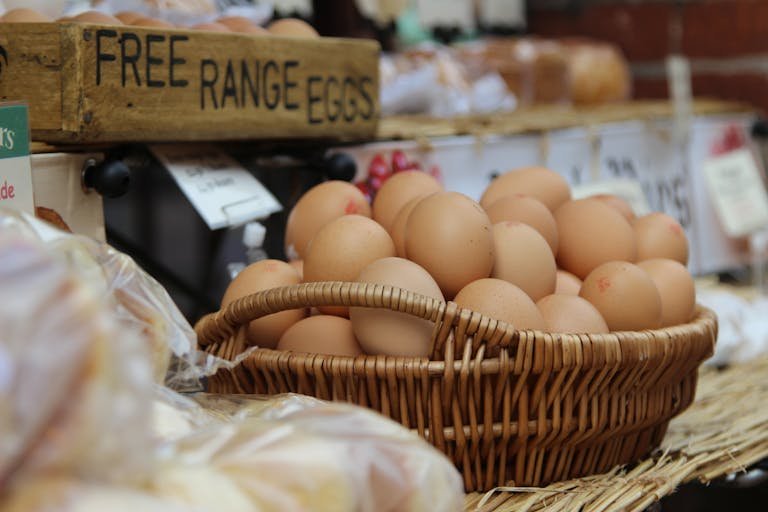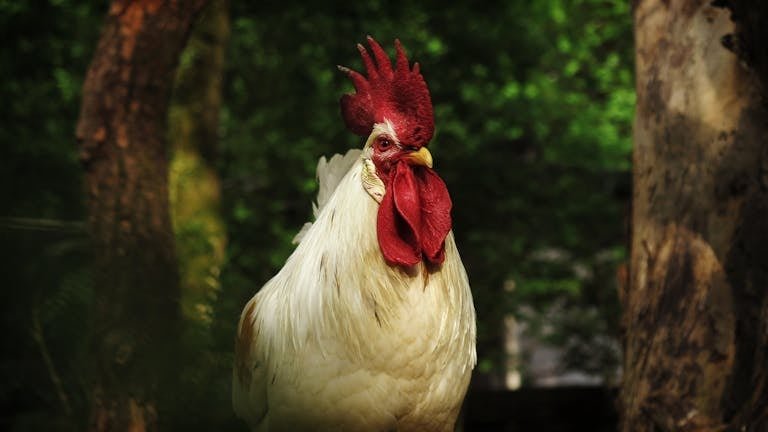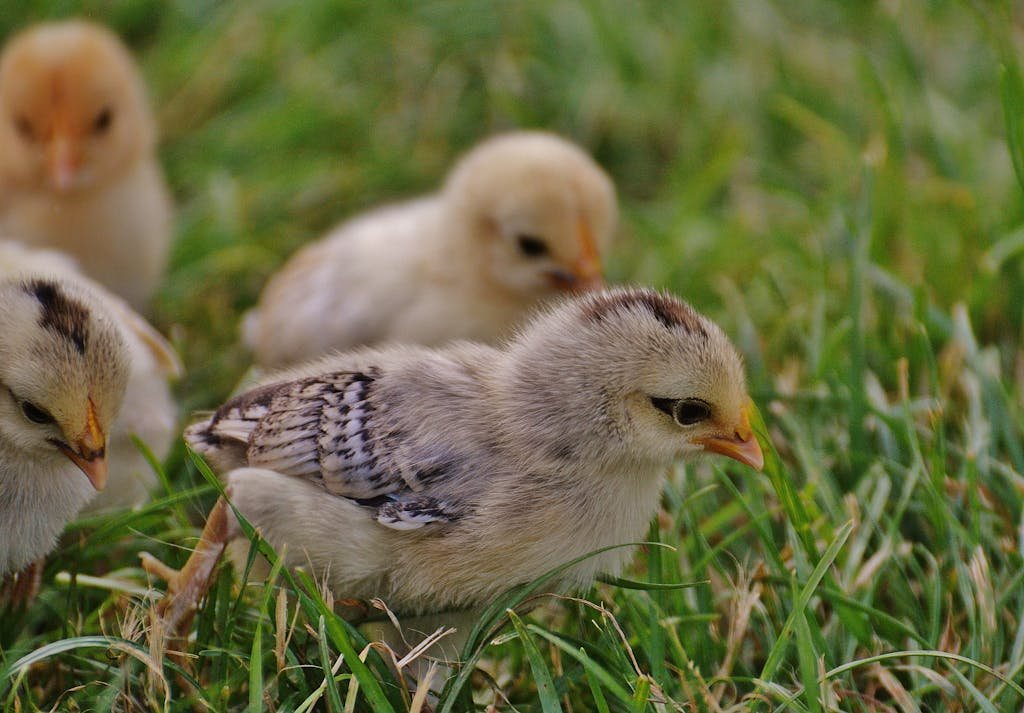Can Chickens Eat Carrots? Benefits, Risks, and Feeding Tips
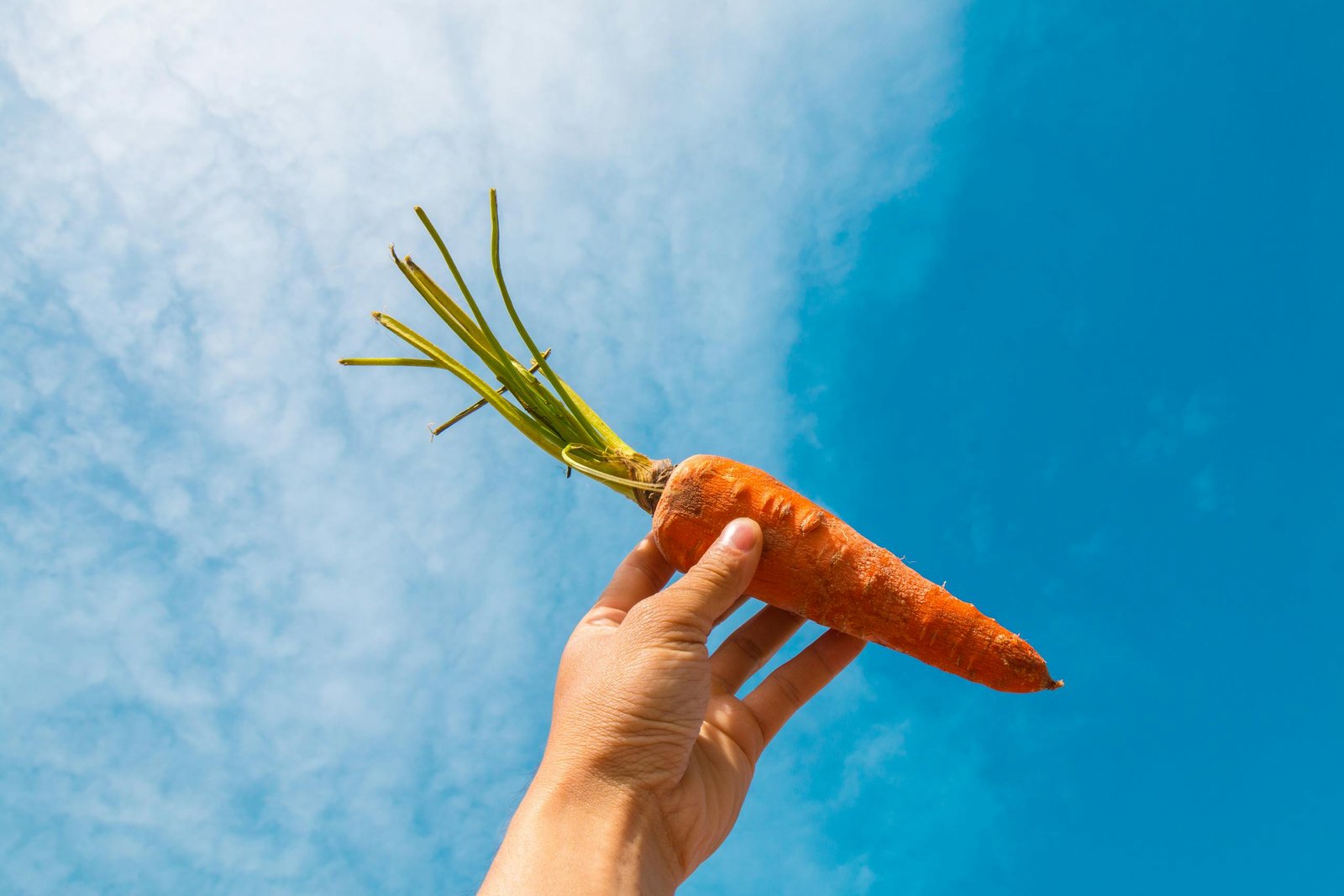
As a responsible flock owner, ensuring a nutritious diet for your chickens is crucial for their health and productivity. One popular question is: Can chickens eat carrots? The answer is a resounding yes! Carrots are a healthy and delicious treat packed with essential vitamins and minerals. This article explores the benefits, risks, preparation tips, and best practices for feeding carrots to your flock.
Can Chickens Eat Carrots?
Yes, chickens can eat carrots and they are a healthy treat for them. Carrots are full of vitamins and minerals that are good for chickens’ health, including vitamin A, vitamin C, and beta-carotene. They can be served raw or cooked.
Chickens, like any live organism, need a healthy diet to have great chances to stay fit. Normally, the basis of a chicken’s diet is high-quality chicken feed and occasional treats and scraps. Though chickens are omnivores and can take a lot of different things, including some inedible for them, the diet is an important topic.
Read Also: Are Chickens Mammals? Discover the Truth About Birds!
How to Prepare Carrots for Chickens
Proper preparation is key when offering carrots to your chickens. Here’s a step-by-step guide to preparing carrots for your flock:
- Choose Fresh Carrots: Prefer fresh carrots that are ecological and organic, void of pesticides and chemicals. Talking about rotten vegetables, you should never feed rotten or moldy carrots to the birds as they can give your chickens health conditions.
- Thorough Washing: Scrub the carrots under cold water to clean off any dirt or small particles. A gentle rubbing up with a vegetable brush might be necessary to cleanse thoroughly.
- Appropriate Slicing: To avert choking hazards, cut the carrots into tiny pieces that are easy to chew. You can cut carrots into thin pieces or their cubic parts for larger carrots.
Nutritional Factors of Carrots
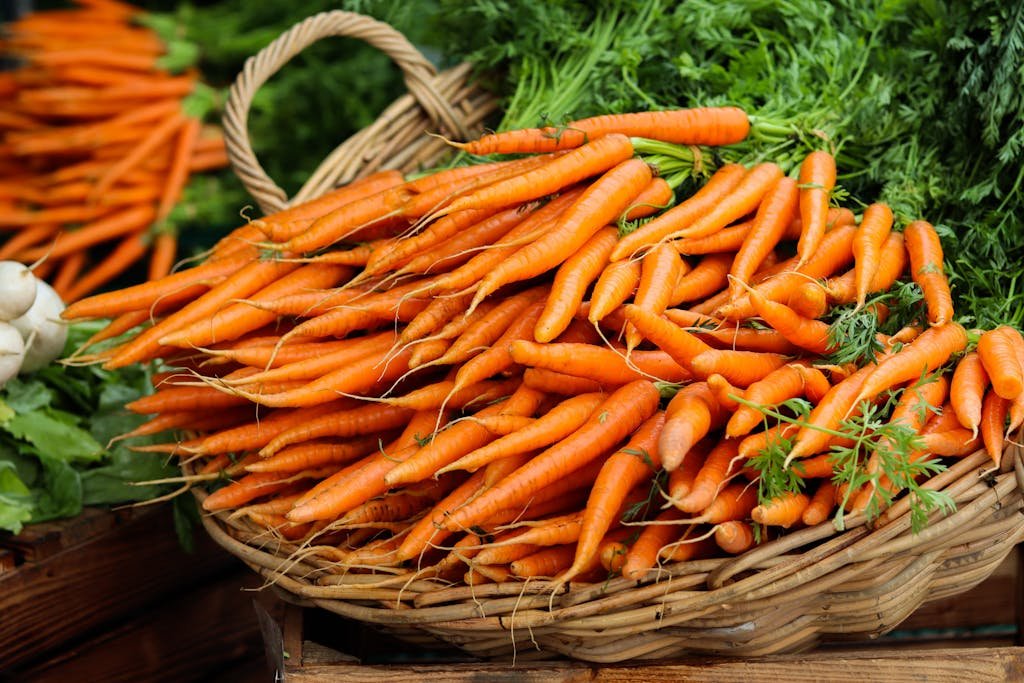
1. Vitamin A (Beta-Carotene)
Carrots are rich in beta-carotene, the precursor to vitamin A. This chemical supports good vision, growth, and development in chickens. Vitamin A is also part of chicken’s metabolic defense machinery. While that is important to mention, chickens can convert plant-derived beta-carotene in their bodies into vitamin A.
2. Fiber
Fiber plays a vital role of the fiber in the diet of chickens because it helps them digest the contents and aids in maintaining the sugar levels of the blood. Carrots offer dietary fiber necessary for transition in the body. And as such the digestive tract of the flock relies on the carrots for good digestive health.
3. Vitamin K1
Secondly, in carrots, there is an essential vitamin that is K1, and it is responsible for helping the body build strong bones and clotting blood in the chicken.
4. Potassium
Along with that, carrots are vitamin-rich and rich in potassium, which is an electrolyte that stimulates muscle action and nervous system transmission in chickens.
5. Antioxidants
Antioxidants in carrots equip chickens with the required defense mechanism against cellular degeneration caused by free radicals while helping keep a healthy bird.
Serving Carrots to Chickens
As carrots have been prepared, it’s time to bring them to your chickens. Here are a few serving suggestions: Here are a few serving suggestions:
- Scatter in the Coop: Sprinkle the carrot bits in your chicken yard or run, which your chickens can dig for while they are free to roam.
- Hang as a Treat: But an even better idea might be to dangle entire carrots (broken or whole) near the coop using strings or wires. In addition to the sporting part, this habit allows being similar to real nature.

Moderation is Key
Carrots make many health contributions, but the exclusion of excess from chicken’s diet is essential for the same. Here are some guidelines to follow:
- Gradual Introduction: Start with small amounts. Gradually increase carrot consumption as time goes by. Keep an eye on their behavior from time to time and make the needed adjustments.
- Balanced Diet: Keep in mind that you should provide if you wish their daily feed to be complete, additional carrots rather than substituting the actual feed for them with the carrots. Give the right amount of food in your ration and include this whether it be protein, cereals, or any other nutrition ingredient.
- Limit Frequency: Those carrots are good for health, however, we need to distribute vegetables because they are just vegetable concentrates for nutrition thereby they should be given out in moderate doses. We therefore urge you to go twice a week in contrast to once every day.
Recommended: How to Prevent Obesity in Poultry.
Advantages of Including Carrots in Chicken Diet
1. Boosts Immunity
The presence of vitamin A in carrots enables the laid hens to boost their immune systems and hence, they become more resistant to insecurities and diseases.
2. Improves Eyesight
Vitamin beta-carotene is major for proper vision, which is even so important to chickens, as these chickens actively search for their food i.e. foraging and evading predators.
3. Promotes Feather Growth
With these nutritional elements of carrots having healthy feathers, they become functional due to the infusion with the essence of Vitamins and minerals that favor their growth during the molting period, thus making them maintain the color of their plumage.
4. Aids Digestion
Fibers of carrots help the digestive system of chickens work properly, this ensures the intestinal functions are safe and the risk of digestive problems is lowered.
5. Enrichment and Entertainment
The chickens will get amused by crunching and eating the chopped-up carrots and due to this the mental stimulation they receive will serve as a source of entertainment which is very important for their wellbeing and happiness.
Disadvantages of High Doses
1. Digestive Issues
However carrots have a good effect in small amounts but when you overeat you can irritate your belly and even get diarrhea, especially because of their high sugar content.
2. Nutritional Imbalance
Feeding pets too many carrots can lead to a nutritional imbalance, and thus it would be beneficial for pet owners to remember that a balanced diet also includes those other essential nutrients if carrots are overfed.
3. Obesity
High sugar content in carrots may result in greater chances of weight gain in chicks even if they are not a major part of their diet, which may cause obesity along with other associated health issues.
FAQs
1. Can chickens eat raw carrots?
Yes, raw carrots are safe and retain more nutrients than cooked ones.
2. How often can I feed my chickens carrots?
Offer carrots once or twice a week as a treat, not a staple.
3. Are carrot tops safe for chickens?
Yes, carrot tops are safe and nutritious when washed properly.
4. Can chickens eat cooked carrots?
Yes, cooked carrots are easier to chew and digest, especially for younger chickens.
5. What are signs of overfeeding carrots?
Look for symptoms like diarrhea, lethargy, or reduced appetite.
Closing Thoughts
Can chickens eat carrots? Absolutely! This vibrant vegetable offers numerous health benefits, from boosting immunity to supporting digestion. Introduce carrots gradually, monitor your flock’s reaction, and serve them in moderation as part of a balanced diet.
Discover more nutritious options in “Best Vegetables for Chickens”.


